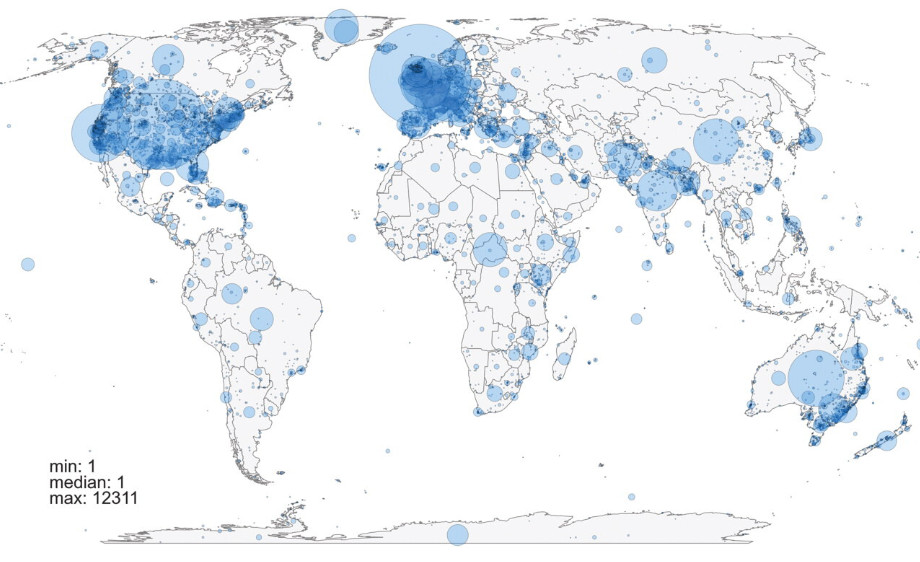Is news media a fair representation of global attention for climate disasters?
Inhye Kong and Ross Purves from GeoComputation Unit examined the geographic bias of British newspapers reporting on global climate disasters. Surprisingly (and not so surprisingly), the scale of media attention tends to follow economic wealth than actual disaster events. Besides, fine-grained place names were almost exclusively found in Europe. These findings together throw a question, where are we missing in these media narratives, considering the power of news media to catalyze global awareness and policy actions?

Inhye Kong, Ross Purves
Abstract
Newspapers are a key medium for the reporting of global events and thus the shaping of public attention. Climate change and its impacts are pressing issues, but the way they are reported is uneven and not directly tied to the events. In this study we systematically investigate this bias from the perspective of British newspaper media reporting of climate disasters worldwide. We first extract reports of climate-related disasters from five British newspapers since 2000, and then detect toponyms in these reports to assign geographic locations. Using these locations, we analyze the country-level media attention of climate disaster in relation to nine explanatory variables. Our findings reveal a strong bias in reporting of climate disasters in the Global North. We also find gross national income and trade volume with the United Kingdom to be stronger predictors of climate disaster reporting than the number of actual disaster events. Furthermore, we explored geographic properties of local toponyms (i.e., their granularities and feature types) to better understand how climate disasters are characterized across the globe. We observed a general preference for coarser granularity and natural toponyms in newspaper reports on climate disasters abroad. Overall, this study confirms that geographic bias is present in newspaper reporting on global climate disasters, underscoring the need for critical reflections on the media’s role as a gatekeeper and the implications of using newspaper reports as a data source.
https://doi.org/10.1080/24694452.2025.2564220